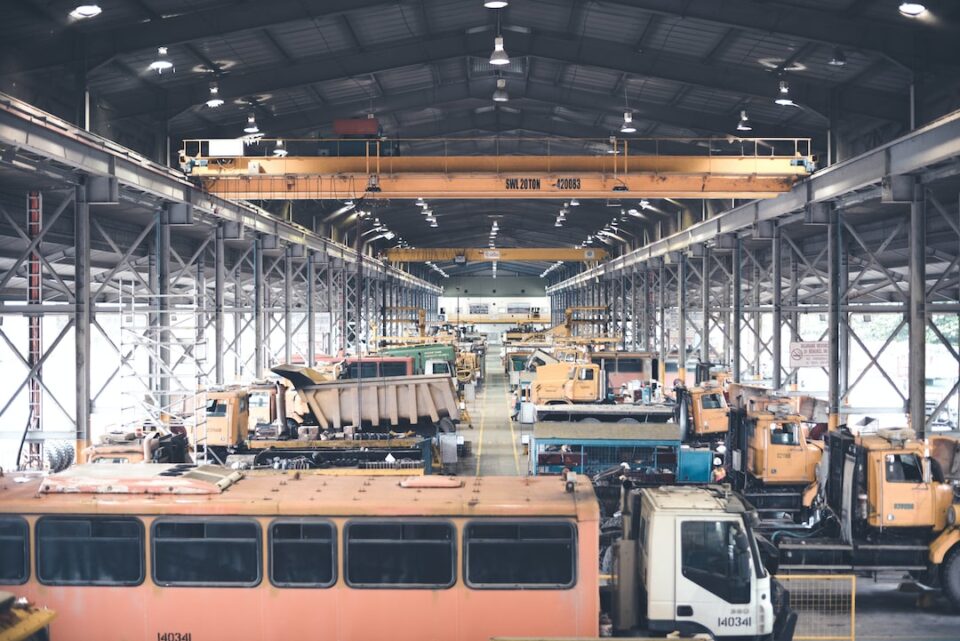The Impact of Globalization on Manufacturing Industries
Globalization has become a key driver of economic development and growth across the world. It has revolutionized the way different industries operate, including the manufacturing sector. The manufacturing industry has been significantly impacted by globalization, both positively and negatively. In this blog post, we will explore the various aspects of globalization and its impact on manufacturing industries.
One of the major impacts of globalization on manufacturing industries is the opening up of new markets. With the advancement of transportation and communication technologies, businesses can now sell their products and services not only in their domestic markets but also in international markets. This has resulted in increased opportunities for manufacturing companies to expand their customer base and generate higher revenues.
Globalization has also led to increased competition in the manufacturing sector. With the ease of accessing international markets, companies from different countries can now compete with each other on a global scale. This has compelled manufacturing industries to constantly strive for innovation and cost reduction in order to stay competitive in the global market.
Another significant impact of globalization on manufacturing industries is the availability of cheaper labor in developing countries. Many manufacturing companies have shifted their production facilities to countries with low labor costs, such as China and India. This has resulted in job losses in developed countries, particularly in industries that have been heavily globalized. However, it has also created employment opportunities in developing countries and contributed to their economic growth.
Furthermore, globalization has facilitated the outsourcing of manufacturing processes. Companies can now outsource their non-core functions, such as production, to specialized manufacturers in other countries. This allows them to focus on their core competencies and reduce costs. However, it has also led to the decline of domestic manufacturing capabilities in some countries, as companies become increasingly reliant on foreign suppliers.
In addition, globalization has brought about changes in consumer preferences and demands. As people are exposed to products and brands from different parts of the world, their expectations and tastes have evolved. Manufacturing industries need to adapt to these changing consumer preferences by offering innovative and high-quality products. This has resulted in the rise of global brands that appeal to consumers worldwide.
However, globalization has also presented challenges for manufacturing industries. One of the main challenges is the risk of intellectual property theft and counterfeiting. As companies expand their operations globally, they need to protect their proprietary technologies and designs from being stolen or copied by competitors. This requires the implementation of stringent intellectual property rights protection measures and collaboration with governments and law enforcement agencies.
Moreover, the globalized nature of manufacturing supply chains has increased the vulnerability of industries to disruptions. Events like natural disasters, political instability, and trade disputes can significantly impact the availability of raw materials and components, leading to production delays and losses. Manufacturing industries need to have robust risk management strategies in place to mitigate these risks and ensure business continuity.
In conclusion, globalization has had a profound impact on manufacturing industries. It has opened up new markets, increased competition, and provided opportunities for cost reduction and innovation. However, it has also resulted in job losses, the decline of domestic manufacturing capabilities, and challenges related to intellectual property protection and supply chain disruptions. Manufacturing industries need to embrace globalization while effectively managing its implications in order to thrive in today’s highly interconnected and competitive world.

